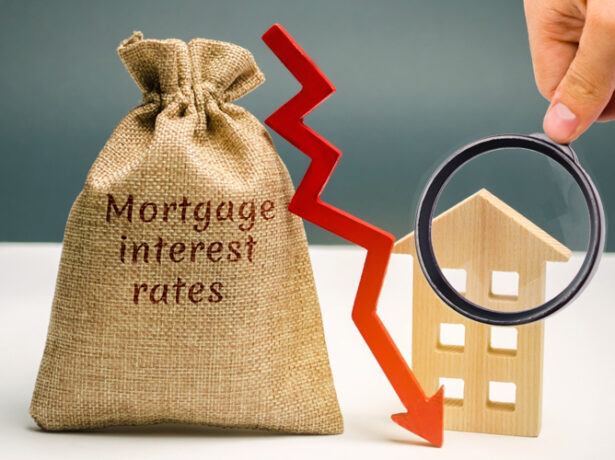Before you choose a specific deal, you need to decide what type of mortgage is the most appropriate for your needs.
Variable Rate
Your monthly payment fluctuates in line with a standard variable rate (SVR) of interest, which is set by the lender. You probably won’t get penalised if you decide to change lenders and you may also be able to repay additional amounts without incurring a penalty. Many lenders won’t offer their SVR to new borrowers.
Flexible Mortgages
These schemes allow you to overpay, underpay or even take a payment ‘holiday’. Any unpaid interest will be added to the outstanding mortgage, while any over payment will reduce it. Some have the facility to draw down additional funds to a pre-agreed limit.
Tracker Rate
Your monthly payment fluctuates in line with a rate that’s lower, or more likely higher than a chosen Base Rate (usually the Bank of England Base Rate). The rate charged on the mortgage ‘tracks’ that rate, usually for a set period of two to three years. You may have to pay a penalty to leave your lender, especially during the tracker period. You may also be liable to pay an early repayment charge if you overpay on your mortgage during the tracker period. A tracker mortgage may suit you if you can afford to pay more when interest rates go up – and, of course, you’ll benefit when they go down. It’s not a good choice if your budget won’t stretch to higher monthly payments.
Offset Mortgages
An offset mortgage enables you to use your savings to reduce both your mortgage balance and the interest you pay on it. For example, if you borrowed £200,000 but had £50,000 in savings, you would only have to pay interest on £150,000. Offset mortgages are generally more expensive than standard deals – but they can reduce your monthly payments whilst still allowing you to access to your savings.




